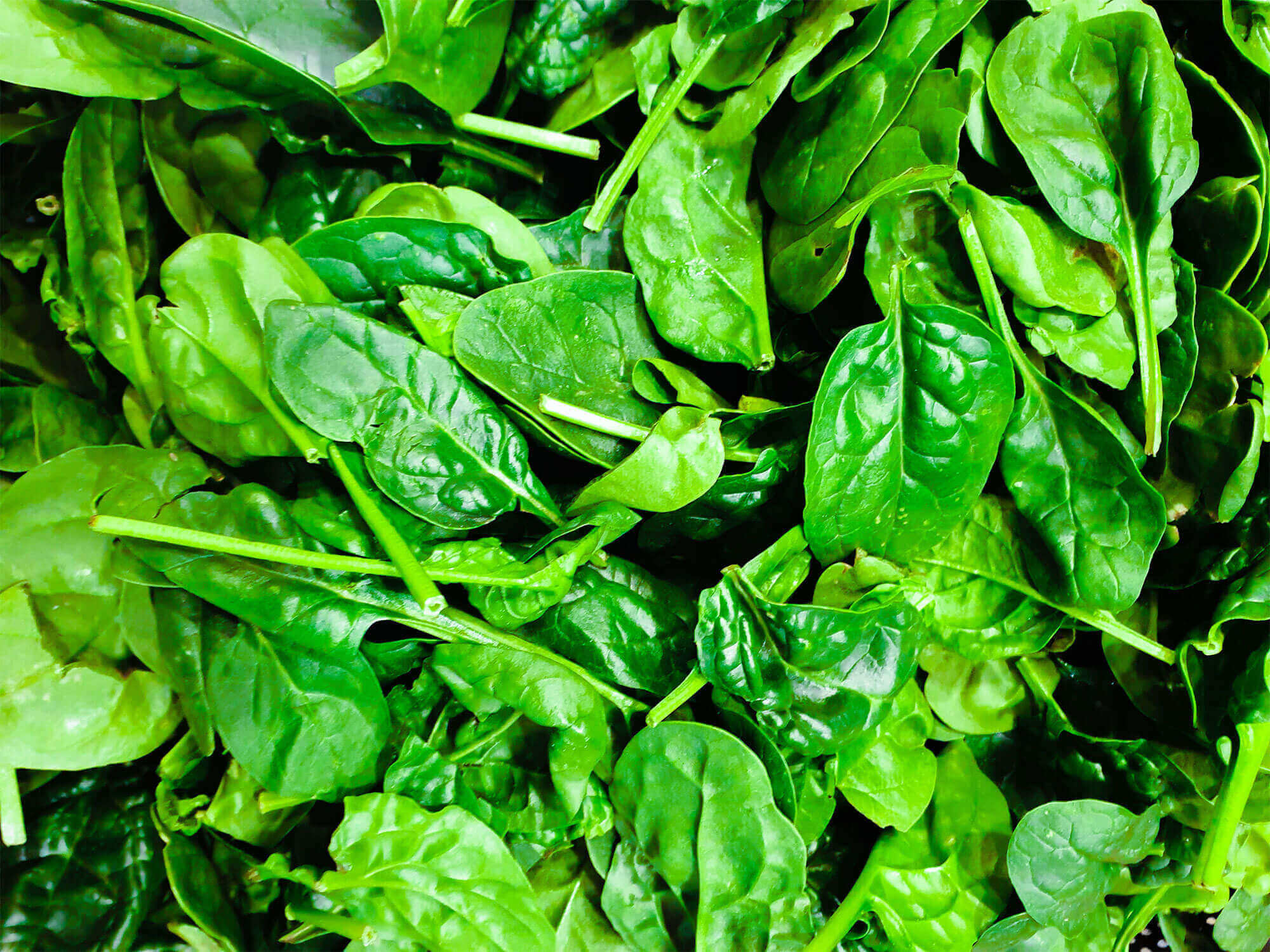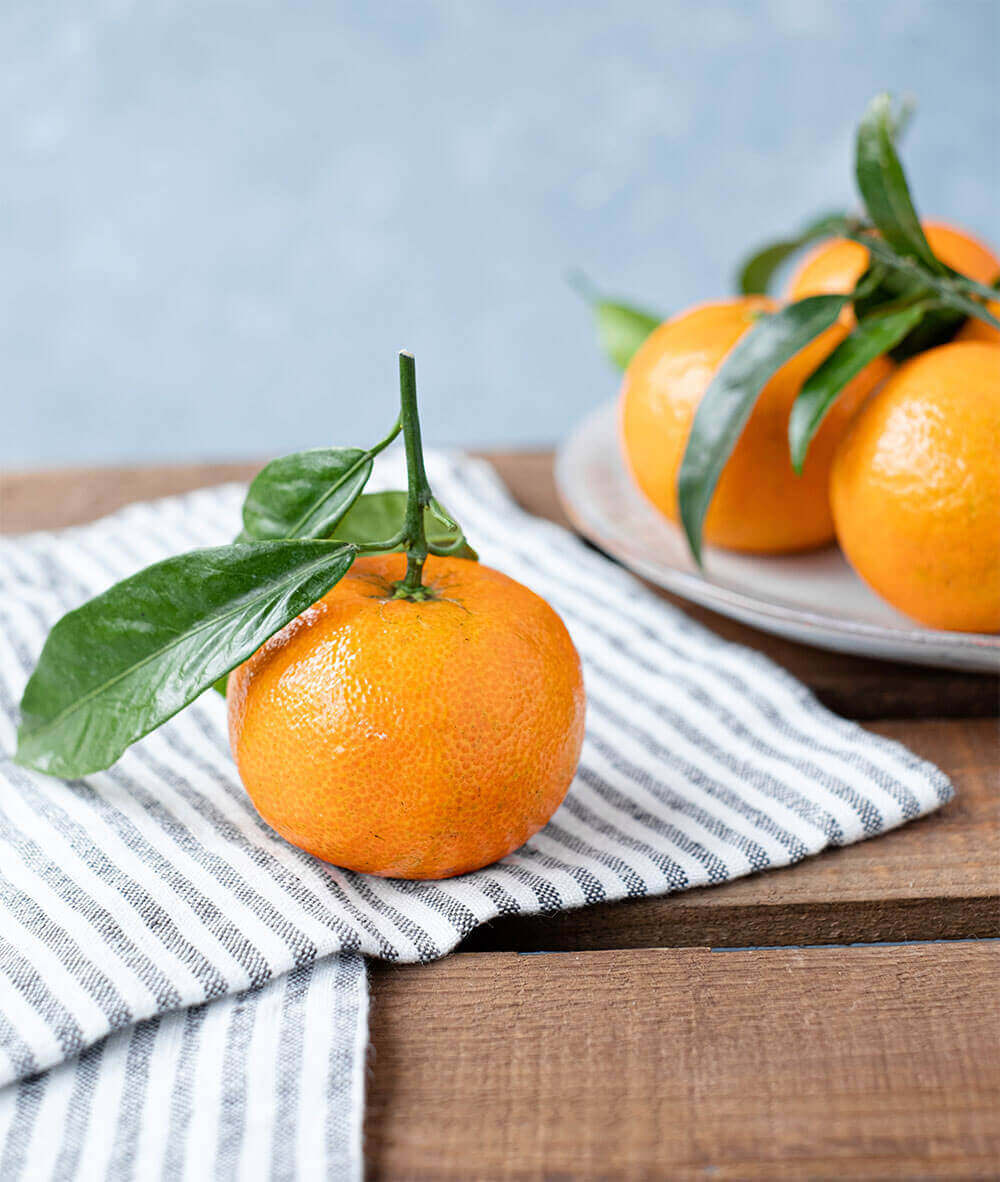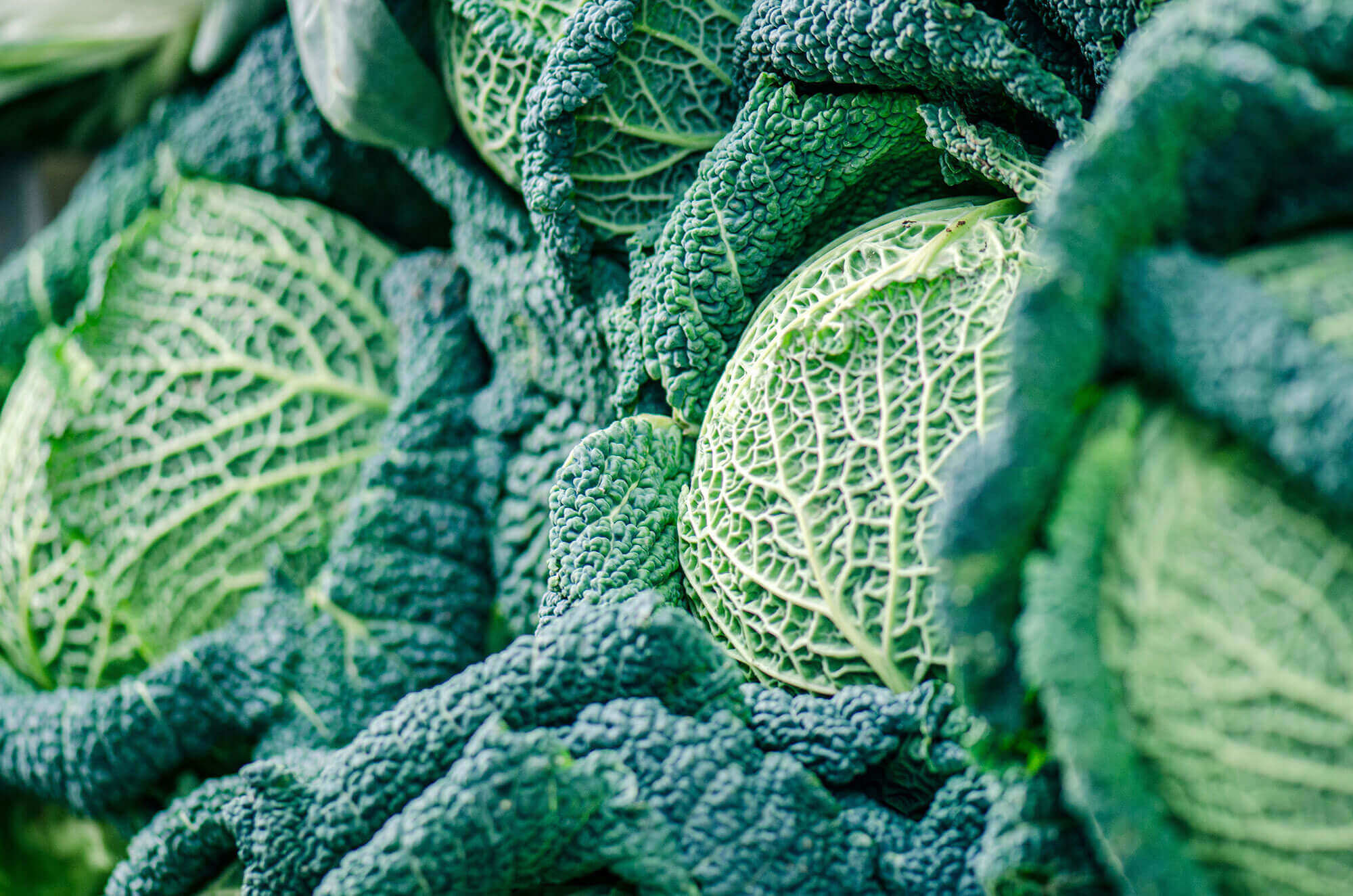
Conventional medicine rarely seems to ask this question of its patients. Typically, you present your provider with your symptoms. They ask a few questions about symptoms, run a few tests, and then match your symptoms to a drug they then prescribe you to take. Often, there are reasons you are having symptoms of chronic illness. When you can identify and address the actual causes of your illness, you can make changes to address many of them and give the body the ability to heal. After all, most of us are born healthy. The diseases develop later. Why?
Here are some of my original root causes that I discovered and changed with lifestyle adjustments:
- Food intolerances
- Sedentary
- Heavy metals
- Adverse Childhood Events
- Little Spirituality
- Little Sunlight
- Blue Light / Electromagnetic Forces
- Malnourished / Toxicity (ultra processed food consumption, environmental chemicals)
- Complicated Grief
As I started to make the indicated changes to my life, I was able to stop needing three (3) pharmaceuticals to manage allergy, eczema, and asthma symptoms.
A symptom is a consequence of your lifestyle choices or events. For example, if someone has a headache, is it because they bumped their head when they fell? Are they dehydrated? Have they been exposed to chemical fumes? Each root cause would require different treatments that simply consuming a medicine may not address, let alone worrying about the lists of potential side effects.
When you make modifications to your lifestyle (and they can be quite diverse!), your body can do what God designed it to do, heal and function well.
What are some of your root causes? Do you need help identifying or adjusting your lifestyle to heal?
I offer free health consultations. Contact me if you want to explore how you can take back your health!







